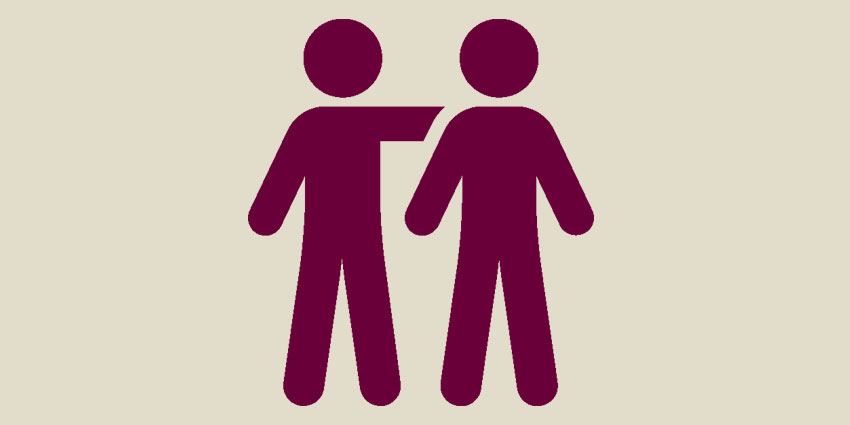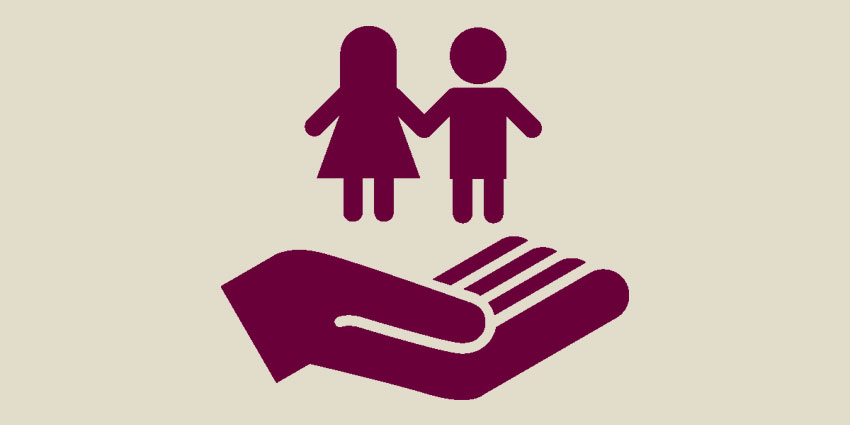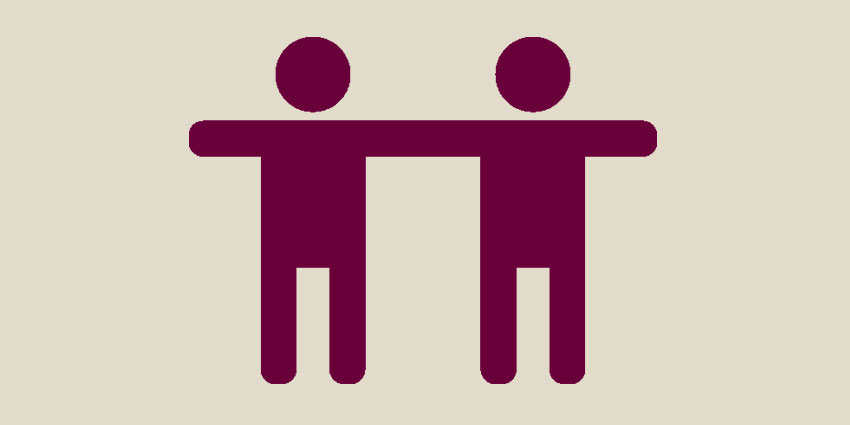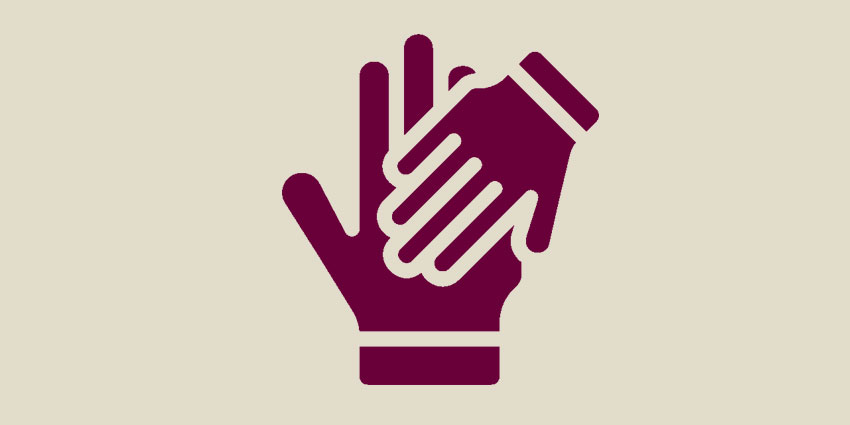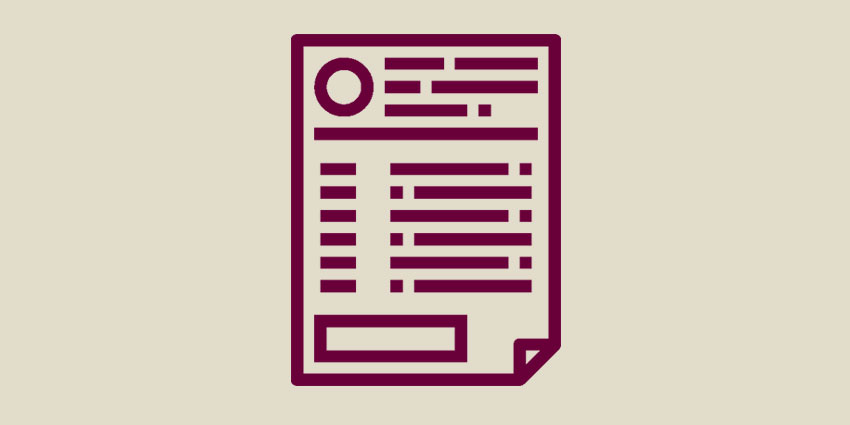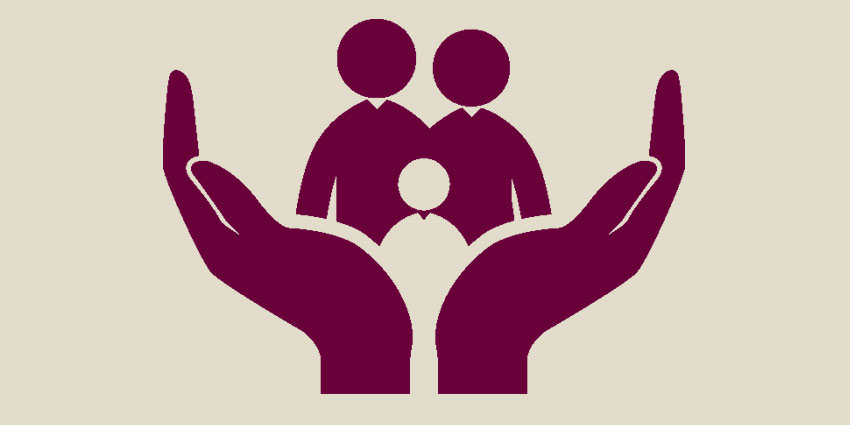As a victim of crime, making decisions can be difficult and confusing. During this time, it is vital that a victim is treated with courtesy, compassion and respect.
You can consider yourself a victim of crime if you suffer injury or loss as a direct result of an offence or you are a member of the immediate family where an offence results in the death of an individual.
A priority of the Department of Justice is to give victims of crime access to quality services and a stronger voice in the justice process. By allowing victims a more formal role in the criminal justice system, the Department can significantly contribute to restoring a victim’s sense of wellbeing.
The Department is responsible for a range of services which offer advocacy and support to victims of crime in Western Australia.
Videos
Attending Court: A Guide for Witnesses
Giving Evidence: A Guide for Witnesses
Transcript - Giving Evidence: A Guide for Witnesses (PDF, 161KB)
Publications
Attending Court and Giving Evidence, A Guide for Witnesses
Show moreWho is a witness?
A witness is someone who has relevant information about an event which resulted in criminal charges and who can give evidence in court about what they know about the event.
Both the lawyer for the prosecution and the accused can request witnesses to come to court.
What is a summons?
A summons is issued by the court at the request of the prosecuting agency or defense lawyer. It is usually intended that the person receiving the summons is to attend court to give oral evidence and/or produce evidentiary material.
What do I do if I receive a summons?
If you have been served a witness summons, you must attend court as directed on the summons.
Failure to attend court as directed may result in court proceedings against you.
If you have any difficulties with attending court on the date and time that is on the summons, contact the summonsing authority. The details about the summonsing authority is on your summons.
Do I have to attend court every day?
No, you are only required to attend on the days that you give evidence.
The summonsing authority will advise you of the dates and times that you are required to attend.
Is the court open to the public?
Cases are almost always usually heard in an open court, however sometimes the presiding judge or magistrate may order a closed court.
Open justice is a core principle of the justice process in Western Australia. This means that anyone from the public can attend court and view the case from the public gallery, often located at the back of the courtroom.
In a closed court, only certain people are allowed to enter into the courtroom to watch or take part in a case. There may also be restrictions on what the prosecutor is able to tell you about what happened in court on that day.
Will I meet with the Prosecutor before the trial starts?
As a witness for the prosecution, you will most likely be asked to attend a meeting at with a prosecutor from either the Office of the Director of Public Prosecutions (ODPP) or the Western Australian Police Force (Police). This meeting will discuss your evidence and is known as a ‘proofing’.
In most cases you will have at least one proofing meeting and can occur from early in the court process to before the trial. The proofing meeting will also give you a chance to meet with the ODPP or Police Prosecutor involved in your matter, as well as other people involved in your matter such as solicitors, prosecutors, the Police Investigating Officer and victim support workers.
You will have a chance to ask any questions and be provided with some general information about the court process, each person’s role, and giving evidence.
The ODPP or Police Prosecutor might ask you questions about the information provided in your witness statement and you may be asked to read over your statement (or have the statement read out to you) to make sure it is correct. If you have a video interview, which often occurs for child witnesses, then you might be asked to watch the video of the original recorded statement of interview.
Please note that if you provide any additional information to the ODPP or Police Prosecutor that needs to be added to your statement during the proofing meeting, you may also be required to meet with the Police Investigating Officer.
Can I read my statement beforehand?
You are allowed (and encouraged) to read your witness statement in the days before you give evidence, but you will not be allowed to read from it in court when answering questions except in particular instances.
If you do not have a copy of your statement, the ODPP Prosecutor, Public Prosecutor or Police Investigating Officer will be able to provide this to you.
What do I call the judge or magistrate?
Please address the judge or magistrate as 'Your Honour’.
What do I call the other people in court?
Please address other people in court, such as the prosecutor and defense lawyer, by their title and surnames.
If you do not remember names, then it is appropriate to use ‘sir’ and ‘madam’.
What is a jury?
A jury, available for some court matters in the District Court of Western Australia and Supreme Court of Western Australia, is a group of 12 people selected to decide whether an accused person in a criminal trial is either guilty or not guilty.
People who are called for jury duty are randomly selected from a list of names supplied by the Western Australian Electoral Commission and based on the electoral roll.
The judge may elect to have more than 12 jury members to hear the evidence due to either the length of time of the trial or time of the year (for example flu season). This can be up to 18 jury members and the decision is made to ensure there are 12 jury members at the end of the trial. Before the jury’s final deliberations occur, the judge will hold a jury ballot to excuse any extra members.
Oath or Affirmation
Before giving evidence, witnesses must make an oath or affirmation that they will tell the truth in court. The wording is:
|
Oath |
I swear by Almighty God that the evidence I will give in this case will be the truth, the whole truth and nothing but the truth.
OR
I swear by [name of a deity recognised by your religion] that the evidence I will give in this case will be the truth, the whole truth and nothing but the truth. |
|
Affirmation |
I sincerely declare and affirm that the evidence I will give in this case will be the truth, the whole truth and nothing but the truth |
All persons aged 12 years and above can only give evidence if it is sworn. The exception is where the witness is not competent to give sworn evidence, and an example is a witness who has a mental impairment. If this is the case, then the person can give unsworn evidence if they are able to give an intelligible account of events.
A child or young person under 12 years of age can only give sworn evidence if they understand that the giving of evidence is a serious matter, and they have an obligation to tell the truth when giving the evidence. A child or young person under 12 years of age can also give unsworn evidence if the court is satisfied that the child or young person is able to give an intelligible account of events.
Giving evidence
You are allowed (and encouraged) to read your witness statement in the days before you give evidence, but you will not be allowed to read from it in court when answering questions except in particular instances.
You do not need to memorise your statement and should answer questions honestly and to the best of your memory.
Take your time and consider each question carefully before you answer. Do not jump in with answers before the question has been finished.
Speak clearly when answering the question and only answer the question you are asked.
If you don’t understand the question, did not hear the question properly, do not understand a word and/or are not sure of an answer, then please say so. It is important that you do not guess what is being asked and, instead, are certain about the question before you answer.
Do not say what someone else has told you to say, however the only exception is if this was a specific question being asked of you.
Speak clearly so that your evidence can be understood and heard in the courtroom. The microphone in front of you only records your voice, it does not make it louder.
If you need a break, please inform the judge or magistrate. This can include some time in the courtroom to take a deep breath or have a drink of water, or may include taking some time out of the courtroom. During the break, do not discuss your evidence with anyone as you are still under oath.
After you have given your evidence and are excused by the court, you are free to leave the court. You can remain to watch the rest of the trial if you wish and if the court is open.
Closed Circuit Television
Giving evidence by Closed Circuit Television (CCTV) is an option in some circumstances and can occur where it is appropriate or legislated to do so.
When evidence occurs by CCTV, there is a live link into the courtroom from the CCTV room which occurs by television screens and cameras.
In the CCTV room, there will be two televisions screens which show the judge or magistrate on one screen and the prosecutor or defense lawyer on the other. There will also be a court officer in the CCTV room to operate and monitor the equipment.
Is my name and address released?
Yes, the name of every witness is confirmed and acknowledged as a normal part of the court process.
Addresses are not normally disclosed as part of the court process.
Suppression Order
A judge or magistrate may make a suppression order. This means that the name of victims, witnesses and the accused cannot be publicly reported.
What do I wear?
It is recommended that you dress appropriately in clean, smart clothing and footwear.
Sunglasses and hats should be removed before entering a courtroom.
Please note that a person may not be permitted into the courthouse if they are wearing clothing that displays slogans or images such as gang colours, patches, symbols, jackets or insignia.
What do magistrates, judges and lawyers wear?
In the Magistrates Court of Western Australia and Children’s Court of Western Australia, the presiding magistrate or judge wears formal suit attire as does the ODPP Prosecutor and defense lawyer. The Police Prosecutor wears a Police uniform.
In the District Court of Western Australia and Supreme Court of Western Australia (including the Appeals Court), plain black robes are worn by judges, prosecution and defense lawyers. Wigs are no longer worn in Western Australia courts.
Court support
In some circumstances, a victim of crime and/or a witness to an alleged offence may need a support person.
For further information about court support and the options that are available for you, please go to www.justice.wa.gov.au/ccss and click on the links to the different services and their contact details.
Interpreter support
If you require an interpreter when giving evidence, please contact the ODPP or Police Prosecutor to let them know.
If an interpreter is required, they will sit with you in the witness stand or next to you in the CCTV room if you are giving evidence via CCTV.
Security
Most courthouses have security screening at front of house. This means that members of the public are required to be screened as they enter the courthouse.
Depending on the courthouse, you may be asked to walk through a portal and x-ray machine and/or be screened by a handheld detector. Security officers will also check the contents of your bags and other items.
Please note that some shoes, belts, jewellery and other clothing items will give a positive indication by the metal detection equipment. If this occurs, you may be required to demonstrate where the metal is located or remove the item and put it through the x-ray. The security officers will guide you on what is required.
If you are unable to be scanned due to a physical disability or medical implant, tell the security officers and they will assist you.
Prohibited or controlled weapons are not to be brought into the courthouses. If you are found with these items whilst trying to enter a courthouse, the items will be seized and handed to the Police.
Other items, such as scissors and tools, are not prohibited. When detected during screening, you will have the option of not bringing them into the courthouse (by returning them to your car, for example) or surrendering the items to security officers who will receipt the items and return them to you as you leave the courthouse.
Security officers are often present in the courtrooms for hearings. If you have any security concerns during your hearing or while you are in the building, you should raise them with a security officer.
How do I find out about the court outcome
If you wish to know the outcome of a trial or a sentencing, please speak with the agency who summonsed you to attend court.
Is it possible to appeal the sentence
In criminal cases, there are options defined by legislation for the person convicted and/or the prosecutor to lodge an appeal.
Appeals are heard in the Supreme Court of Western Australia.
Media
Court matters are held in the public forum, therefore media may attend court proceedings and may report and explain stories of interest and concern to the public. This may include coverage for a particular case and reporting on the evidence given in court by a witness.
There are some circumstances where the media are not allowed in the courtroom and/or are not allowed to report on the case or elements of the case.
Court hours
Please check the courthouse website for opening hours.
Please go to eCourts Portal Home - eCourts Portal (justice.wa.gov.au) to check a specific court matter’s date and time.
Transport options
The majority of courts across Western Australia are centrally located and accessible by public transport.
If you are a witness and transport is problematic for you, please contact the prosecutor, the Police Investigating Officer, or the agency who summonsed you to attend court.
Childcare options
If you are a witness at Children’s Court of Western Australia, District Court of Western Australia or Supreme Court of Western Australia, please contact the ODPP.
If you are a witness at the Magistrates Court of Western Australia, please refer to Child Care Services (magistratescourt.wa.gov.au)
How to apply for lost earnings and other expenses
If you are employed, Section 119 of the Evidence Act 1906 states that employers must continue to pay any earnings that a witness could reasonably expect to have been paid while attending court. If there are any loss of earnings, please speak with the summonsing agency regarding the process.
If you are self-employed or a contractor, you may be entitled to reimbursement if an actual loss of income can be clearly established. Please refer to the summons you received which should include information about how to claim loss of income and/or speak with the summonsing agency regarding the process.
You may be able to claim reimbursement for public transport costs and other basic expenses. For matters in the Magistrates Court of Western Australia and Children’s Court of Western Australia, please discuss with the Registry staff. For matters in the District Court of Western Australia and Supreme Court of Western Australia, please discuss with the ODPP.



